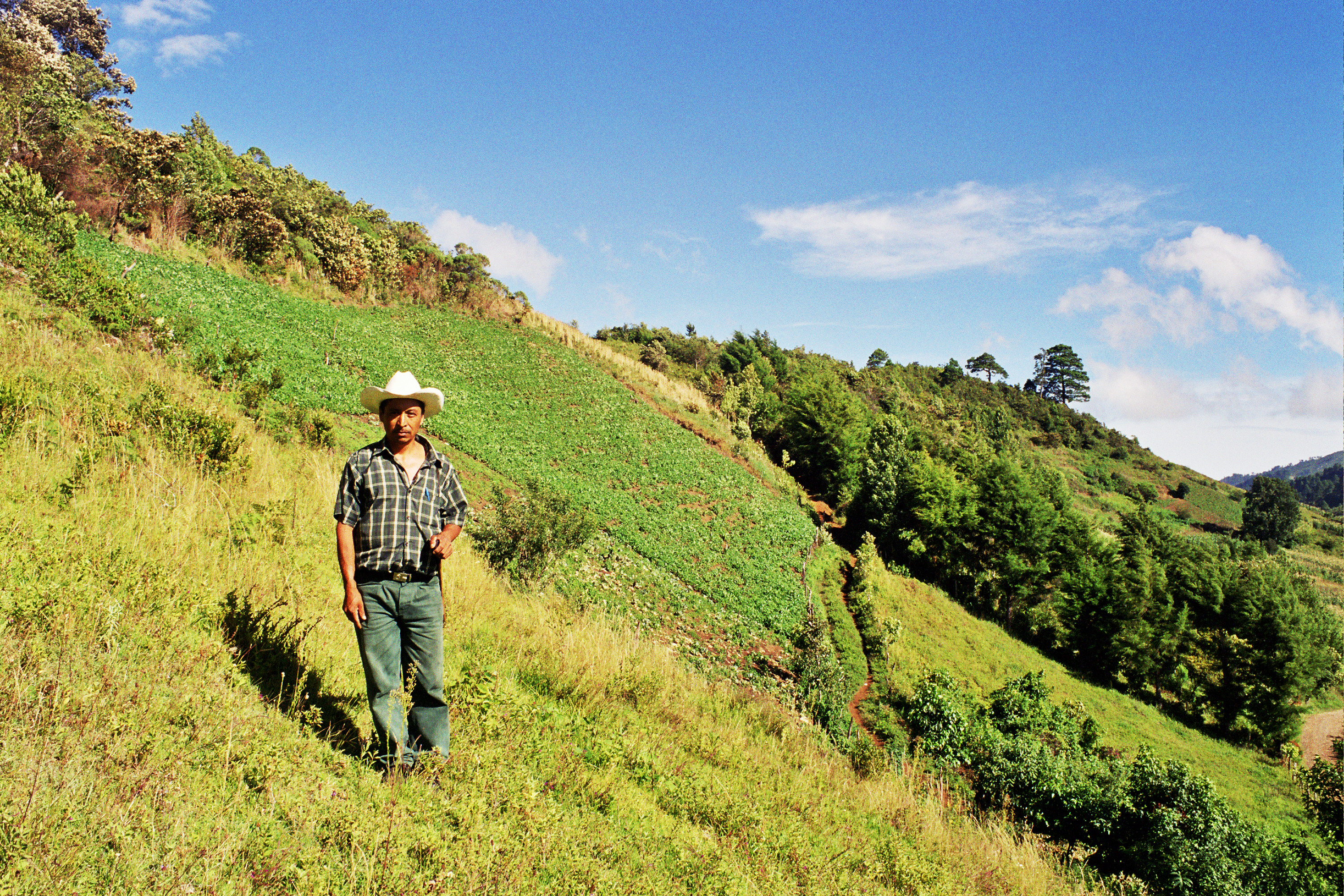Academia in the Time of COVID-19: Towards an Ethics of Care
An extended and improved version of the post below was published in Open Access by the journal Planning Theory and Practice, and it can be found here: https://doi.org/10.1080/14649357.2020.1757891 Covid-19 is having dramatic consequences for millions of people’s work-life balance, and academics are no exception. These are transformative times for everyone, and we do not say this glibly. We are living through a global pandemic of unprecedented scope, scale and impact. Unprecedented is the speed at…




